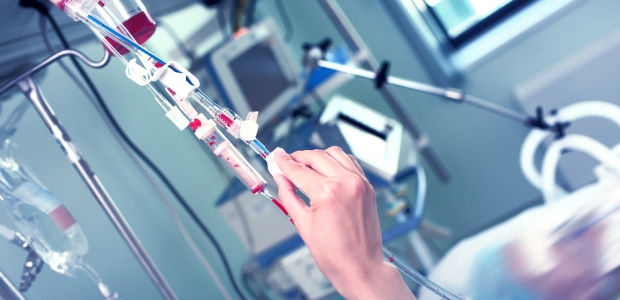
WHO to Start Pilot Prequalification of Biosimilars for Cancer Treatment
"Innovator biotherapeutic products are often too expensive for many countries, so biosimilars are a good opportunity to expand access and support countries to regulate and use these medicines," said Dr. Marie-Paule Kieny, WHO's assistant director general for Health Systems and Innovation.
The World Health Organization announced May 4 that it will launch a pilot project this year for prequalifying biosimilar medicines, which is a step toward making some of the most expensive treatments for cancer more widely available in low- and middle-income countries. This September, WHO will invite manufacturers to submit applications for prequalification of biosimilar versions of two products in the WHO Essential Medicines List: rituximab (used principally to treat non-Hodgkin's lymphoma and chronic lymphocytic leukemia), and trastuzumab (used to treat breast cancer).
WHO reported this decision followed a two-day meeting in Geneva of WHO officials, national regulators, pharmaceutical industry groups, patient and civil society groups, payers, and policymakers about how to increase access to biotherapeutic medicines, and that WHO also plans to explore options for prequalifying insulin.
Biotherapeutic medicines come from biological sources such as cells rather than synthesized chemicals, and they are important treatments for some cancers and other non-communicable diseases. "Like generic medicines, biosimilars can be much less expensive versions of innovator biotherapeutics. They are usually manufactured by other companies once the patent on the original product has expired. As the patents of some biotherapeutics have expired, more biosimilars are being produced. Like generic medicines, biosimilars could help to increase access to treatment in lower-resourced countries and provide a solution to escalating health costs in high-income countries," according to the UN agency.
"Innovator biotherapeutic products are often too expensive for many countries, so biosimilars are a good opportunity to expand access and support countries to regulate and use these medicines," said Dr. Marie-Paule Kieny, WHO's assistant director general for Health Systems and Innovation.
If WHO finds that the biosimilars submitted for prequalification are comparable to originator products in terms of quality, safety, and efficacy, it will list the medicines and they will be eligible for procurement by United Nations agencies. WHO also will review its 2009 guidelines on the evaluation of similar biotherapeutic products to ensure that its guidance to national regulatory authorities reflects recent evidence and experience. "Biosimilars could be game changers for access to medicines for certain complex conditions," explained Dr. Suzanne Hill, WHO's director of Essential Medicines and Health Products. "But they need to be regulated appropriately to ensure therapeutic value and patient safety."